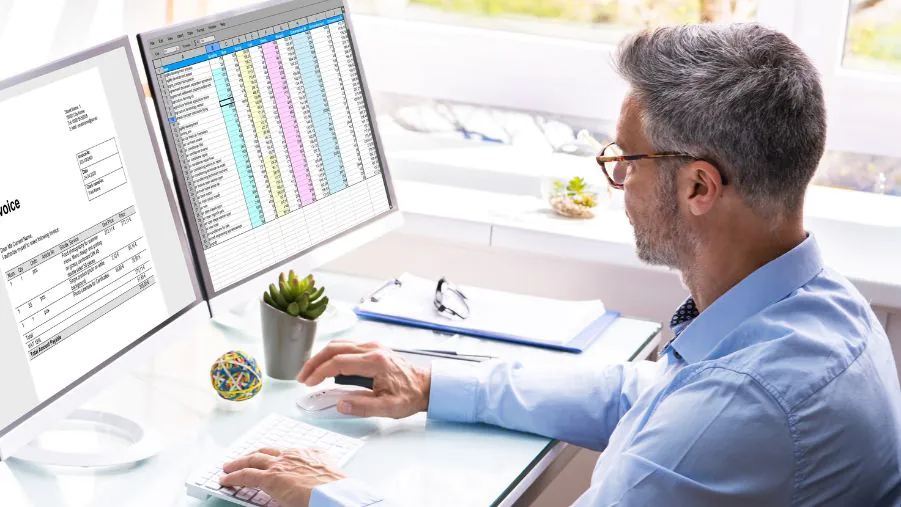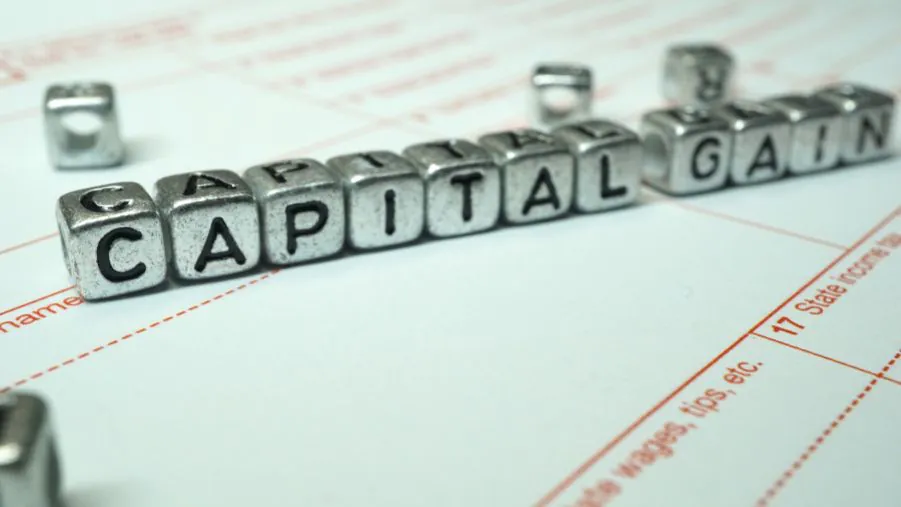Thursday, 31 October 2024
Irish Capital Gains Tax (CGT) on Shares
Navigating Irish capital gains tax on shares can be complex for investors. Capital gains tax (CGT) is levied on the profit when you sell shares at a price highe...
Navigating Irish capital gains tax on shares can be complex for investors. Capital gains tax (CGT) is levied on the profit when you sell shares at a price higher than the purchase price, to tax financial gains. Understanding how CGT works, when it applies, and how is calculated is essential for anyone with an investment portfolio. As a leading provider of taxation services, we’re here to help you manage your tax obligations effectively. This article will explain the basics of Irish capital gains tax on shares and key considerations for staying compliant.
What is Irish Capital Gains Tax on Shares?
Capital gains is a tax on the profit generated from selling shares at a value above their original purchase price. The current rate is 33% on net gains. This is the amount left after deducting any allowable losses from your total gains. CGT applies when shares are disposed of, such as through sale, gift, transfer, or buyback. Other CGT rates may apply to specific investments, such as 12.5% for gains for venture capital funds for companies. Understanding your tax obligations helps prevent issues at tax time. Certain shares and investments may qualify for exemptions or reliefs that reduce taxable capital gains. Consulting a tax advisor can be beneficial if you are unsure how CGT applies to your situation. To learn more, visit Citizens Information. 
Calculating CGT on Shares
To calculate Irish CGT on shares, subtract your original purchase cost and any allowable expenses from the sale proceeds to find your profit or "gain." Once you have this net gain, use a tax calculator to estimate the tax owed on your shares. Keep in mind that an annual CGT exemption, currently set at €1,270, is available per individual. This allows you to reduce taxable gains by this amount. The exemption can be a valuable consideration in managing your tax liabilities on investments.
For more information on how CGT is calculated, Revenue provides a detailed breakdown.
Key Considerations When Selling Shares for Capital Gains
Selling shares may trigger CGT if the sale results in a profit exceeding your annual exemption. When selling shares for capital gains, be mindful of the timing to optimise your tax situation. For example, consider offsetting gains by realising any allowable capital losses. This can reduce the taxable amount of gains on other assets or shares sold within the same tax year. When calculating capital gains, expenses related to shares, such as broker fees, can also be deducted. This can further lower the taxable gain. Careful planning and accurate record-keeping are essential to ensure you meet compliance requirements without paying more CGT than necessary.
Alternatives and Tools for Managing CGT on Shares
For those looking to simplify their capital gains calculations on shares, online calculators can be helpful tools, giving a quick estimate of tax obligations on any gains. However, as tax rules can change, it is often best to consult with a tax professional for more accurate advice and compliance support. Our taxation services offer personalised guidance to help you navigate CGT on shares with confidence. Handling Irish capital gains tax on shares requires an understanding of current tax rates, exemptions, and how they interact with other income and expenses. With thorough planning, shareholders can manage CGT and reduce taxable gains over time. For those seeking professional guidance, our team offers a full range of taxation services designed to help investors navigate the complexities of CGT. Visit our website to learn how we can support your tax and financial planning needs.




